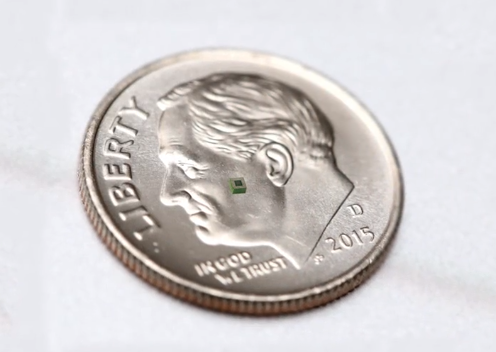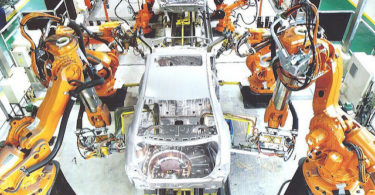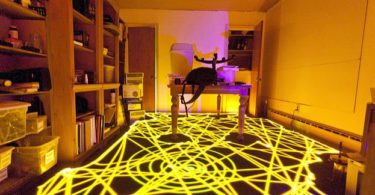Contrary to popular belief among your mates, the human brain is far ahead of even the world’s most advanced computers because of our unique ability to process and store information in the same place. Our brain contains a million-billion synapses or connections between neurons.
Computers resembling the human brain is no longer just a plot point you might find in one of your science fiction films. Though the journey to creating technology that functions as a brain is still a very long one, researchers from the University of Münster have developed a light-based brain-like computing chip that could lay the framework for this future brain-based technology.
What is interesting is that the researchers were able to demonstrate that this optical neurosynaptic network is able to learn from information and use that same information for computing and recognizing patterns.
As mentioned by Prof. Wolfram Pernice from Münster University and lead partner in the study, “This integrated photonic system is an experimental milestone. The approach could be used later in many different fields for evaluating patterns in large quantities of data, for example in medical diagnoses.”
Their light-based chip contains four artificial neurons and a total of 60 synapses. To test the chip, researchers fed the chip information using light pulses with two different algorithms of machine learning. Again the system was able to learn through example and generalize them.
Full story at Interesting Engineering







